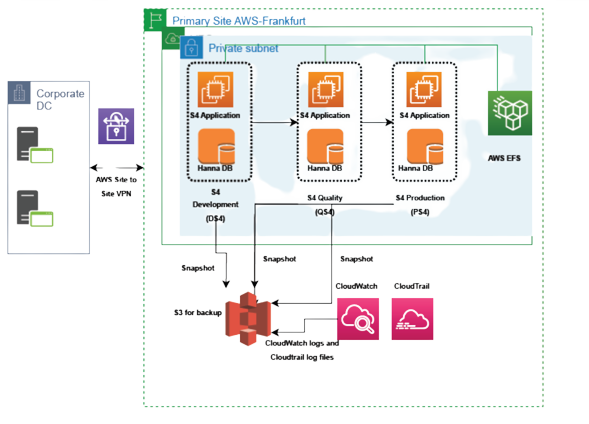Automated Backup Solution and
File System for AWS Services
About the Customer:
- Tropical General Investments (TGI) Group is an international investment and
holding company with diversified interests and investments across Africa, The
Middle East, Asia and other emerging markets. TGI’s investments focus on driving
inclusivity and value addition using locally sourced raw materials, state-of-the-art
manufacturing facilities and a highly skilled workforce to produce world class
products that are consumed both locally and exported to global markets.
Across markets, TGI Group owns over a hundred leading brands in Fast Moving
Consumer Goods, Agricultural Inputs, Industrial Chemicals, Homecare Products ,
and Pharmaceuticals.
Customer Challenge:
- TGI group was looking for a fully-managed AWS Backup service that makes it
easy to centralize and automate data protection across AWS services, in AWS
cloud. - So that we can configure backup policies and monitor activity for your AWS
resources in one place. - We have recommended implementing AWS Backup service to meet customer
expectations. - Customers are also looking for durable storage solutions where they can
store their log reports, and cloud watch logs. - Customers are looking for shared file storage for use with their servers in the
AWS Cloud . AS SAP applications require shared file access so that he can use
the File system for reliable file storage delivering high aggregate throughput.



